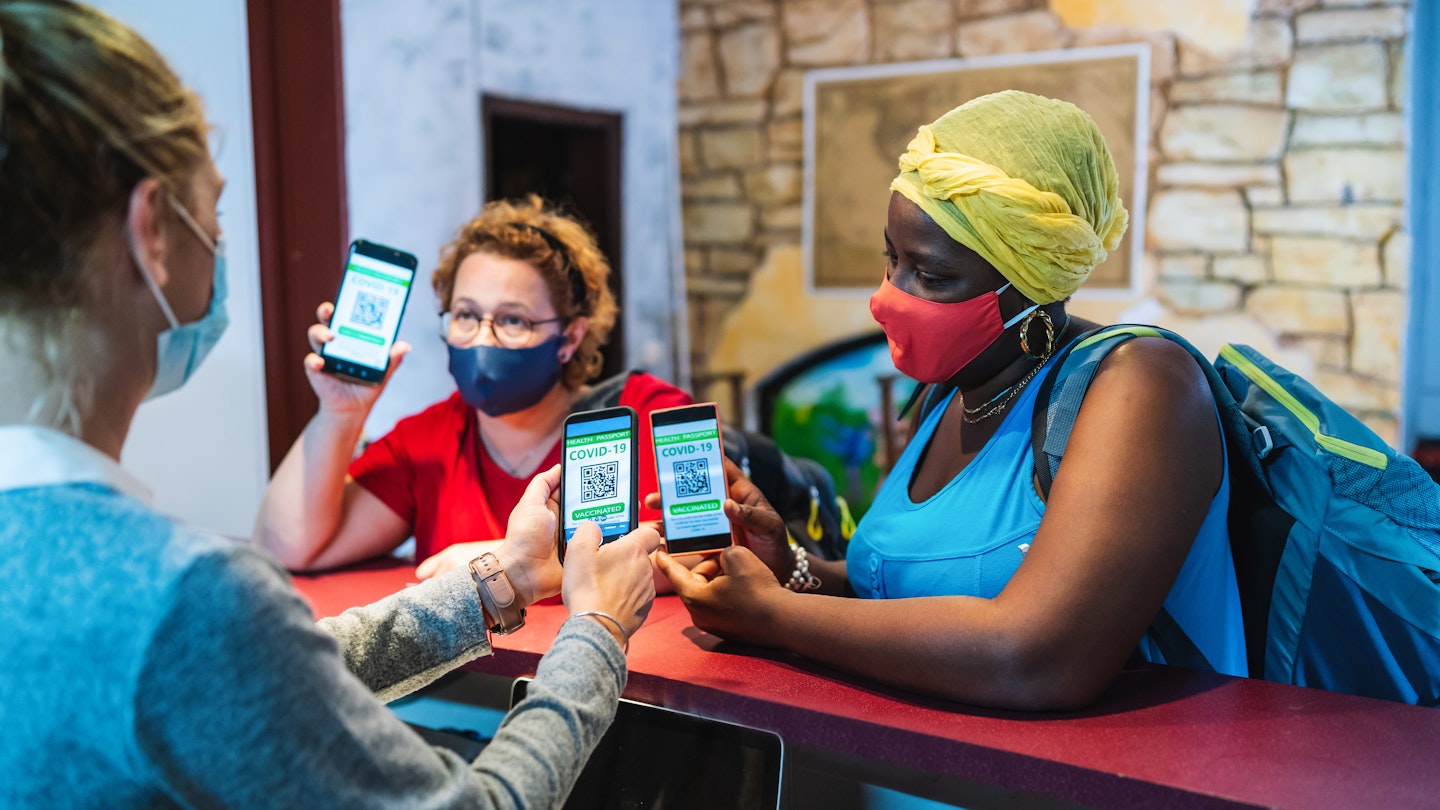Travel Tips for Using CDC and Digital Certificates in Europe
When I moved to Vienna last summer, proudly showcasing my American CDC card with the two doses of BioNTech/Pfizer I received in the United States, I was excited to return to many of the activities we missed during the coronavirus pandemic. This included meeting friends in restaurants and bars and enjoying stress-free travel around Europe.
However, a few weeks later, when the European Union introduced its Digital Covid Certificate system, my CDC card felt somewhat inadequate. I began to worry that despite being vaccinated, I’d face challenges navigating Austrian and other European destinations without the requisite QR codes and mobile apps used across various EU countries.
Using My CDC Card in Europe
Generally, my CDC card has permitted access similar to the digital Covid pass system. Whether in Austria or on trips throughout Europe, including Greece, Hungary, and France, both I and my travel companions experienced minimal issues using it.
While some officials appeared confused when presented with a small white card instead of a local Covid app, most readily recognized its validity. Occasionally, I found myself explaining that it’s the official vaccination record from the US.

The level of scrutiny over my vaccination pass varied significantly from one venue to another. While some places asked for an ID along with my card, many venues were satisfied with a brief look.
For instance, Germany requires proof of vaccination, recovery from the virus, or a negative test to utilize trains and public transport. Recently, officers checked documentation shortly after our train entered Germany, while on other occasions, we were not asked for any verification at all.
Stay Informed and Prepared
To simplify traveling in these unpredictable times, be armed with comprehensive information and documentation. Having detailed records can alleviate potential issues. For example, the state of California, where I received my vaccinations, provided an email containing a more comprehensive vaccination summary than my CDC card. While I rarely needed it, it has been beneficial at airline desks and when applying for an EU digital certificate.
Moreover, maintaining a physical record of vaccinations in a yellow booklet (a common practice in Germany and Austria) is advantageous. When I received my vaccinations, I requested that the pharmacist make a record in my booklet as well.
Although my CDC card has not posed issues, acquiring an EU digital certificate has certainly improved my experience. If you are planning a multi-country trip, check with your initial destination for options regarding QR codes and vaccine records.
It’s imperative to stay abreast of how long your vaccinations remain valid, as some EU countries have recently adjusted these timeframes. For example, Austria now recognizes vaccinations as valid for only six months post-second dose, necessitating a booster thereafter to access various venues.
Conclusion
In summary, thorough preparation and understanding the nuances of vaccination verification can significantly enhance your travel experience in Europe. As restrictions continue to evolve, being adaptable and informed will ensure smooth travels across borders.




